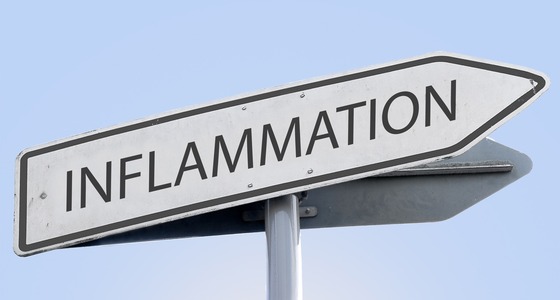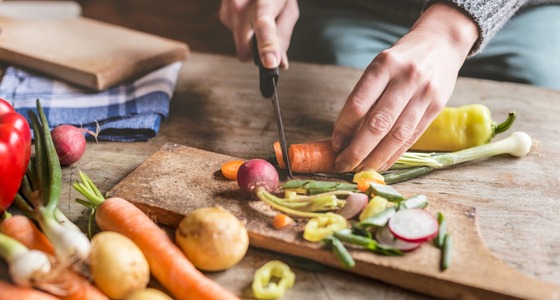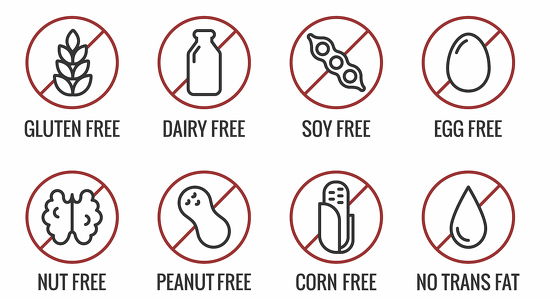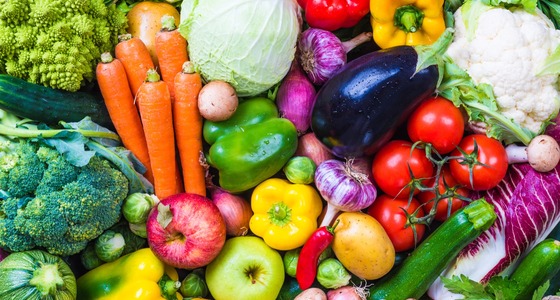The role that food plays on inflammatory bowel disease (IBD) isn’t completely clear cut and can be a controversial subject. Although food is not thought to be the direct cause of IBD it is believed by many people that eating certain foods (or avoiding them) have a role to play in aggravating/alleviating symptoms or helping to manage flares.
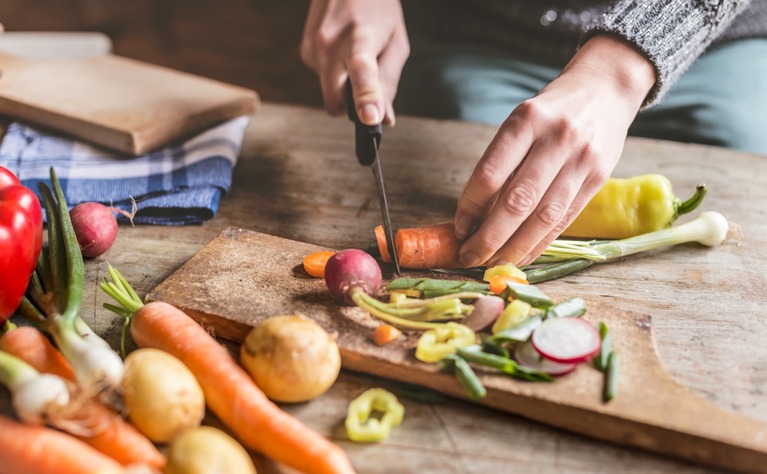
Researchers looking into the role of diet practices among people with IBD found that 57% of people in the study felt diet could trigger a flare1. But, what exactly it is within a diet that may contribute to triggering a flare seems to be a very personal thing.
Due to the individual nature of IBD there isn’t a definitive list of foods that affect all people with IBD. The foods that have a positive/negative effect on one person may not affect another person with IBD at all.
You may find that when you are in a flare you have to stick to a few ‘safe’ foods, but once you are out of the flare you are able to widen your diet, or you may find that you need to avoid some foods all the time.
Your digestive system may not be able to digest some foods or absorb the nutrients from them that are needed for your body to function properly. Because of this some people have to severely restrict their diet - or they stop eating all together - to try to stop their debilitating symptoms. Although this may help with your IBD symptoms it means that your body doesn’t get the nutrients it needs to work and can lead to some serious problems.
People with IBD - especially Crohn’s disease where the small intestine is affected (ileocolitis, ileitis, gastroduodenal Crohn’s disease and jejunoileitis) - are more prone than the general population to getting malnourished and can often not feel hungry. In young people this can cause growth problems. Fighting IBD can also mean your body uses more energy (and therefore needs more of the right food to make more energy).
We all know that good nutrition is important for everyone - whether you have IBD or not. So, the question is - how do you get a balance of finding the foods that are ok for your IBD symptoms but will also help your body carry out its everyday functions? It can be hard. But, there are many people with IBD that have managed to find their balance and generally have an enjoyable relationship with food!
If you want to explore what foods may be your ‘safe’ or ‘trigger’ foods then the first place to start is to keep a food diary. Note down (or take a picture) of everything you eat or drink and the time you have it. In another column keep a note of any symptoms you have throughout the day and note these down along with the time they occur. After a few days - or maybe not for a few weeks - you might start to notice a pattern occurring. You might notice that every time you eat cheese you get stomach cramps three hours later or that when you have tomatoes you find yourself rushing to the toilet within the hour. What you experience will be unique to you.
Some common foods and food groups that people with IBD report problems with include:

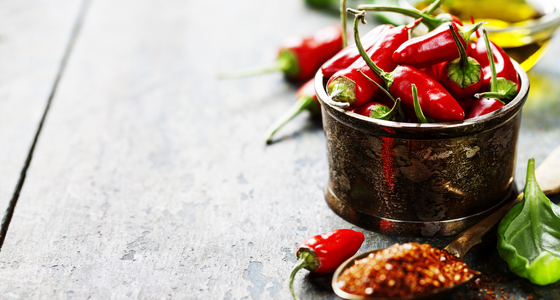
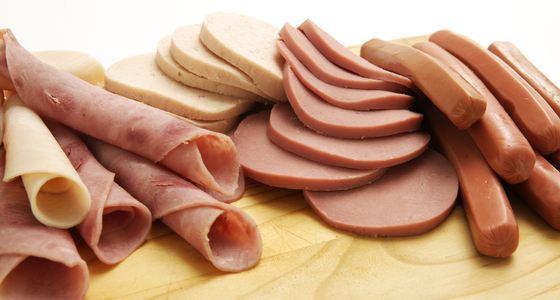
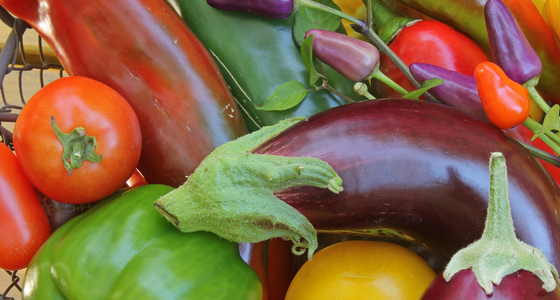
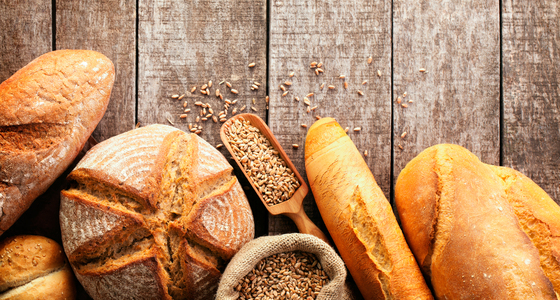
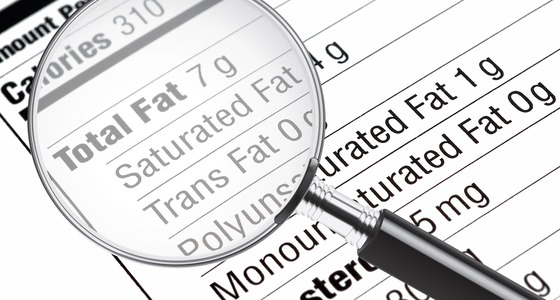
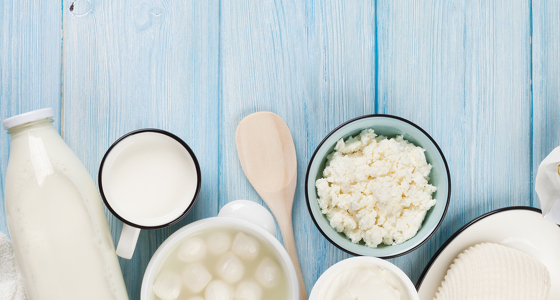
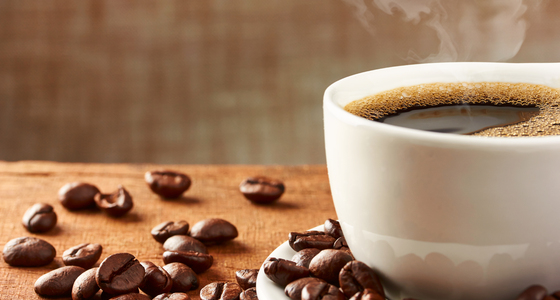
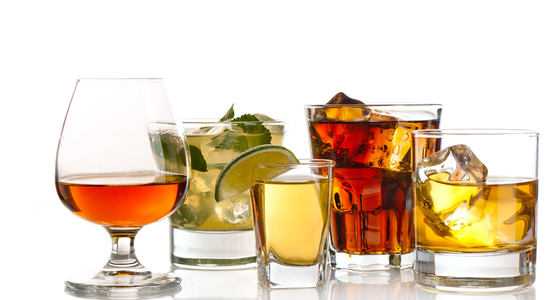
Other foods include:
Some foods are also known to have an inflammatory effect on the body. Read more about inflammatory foods.
Just because you find a food doesn’t agree with you it doesn’t mean you will definitely need to avoid it in all circumstances. For example, some people find they struggle with eating certain fruit and vegetables whole but if they are blended up in a soup or smoothie, or the skin is peeled off them, they can tolerate eating them. For others they may be able to eat the food when in remission, but during a flare avoid it. This is a very individual thing and you may need to experiment with different foods with the aid of your food diary.
To help build a picture of what ‘safe’ and ‘trigger’ foods other people with IBD have we have created a diet survey. The survey includes a range of foods and asks people with IBD to rate the food as to how safe they rate it in relation their IBD. You can fill out the survey yourself and view the results here.
If you discover you have food ‘triggers’ it can be a daunting task working out what to eat. Please be aware that it is not advised to cut out whole food groups (such as diary) without the advice of your doctor or dietician first.
But, if you decide to cut foods from your diet, then you should do it one food at a time and monitor how you feel or cut out all the suspected problem foods for up to three weeks and then reintroduce the foods gradually. This is known as an elimination diet. Again, you should monitor your symptoms as you reintroduce the foods. It is worth bearing in mind that some foods (such as those containing gluten) can take a week or more to produce (or reduce) symptoms.
If you do cut out some foods, and find that doing this helps your symptoms, you should look to replace the nutrients found in those foods in other ways (either with other foods or through supplements). But, if cutting the food out seems to make no difference, then you may want to introduce them back into your diet. Be aware that cutting out some food types, such as gluten, may not show immediate effects.
Some people with IBD have found that following certain diets (such as vegan, paleo, low residue etc) has helped to improve their symptoms. What works for one person may not work for you, but if you would like to find out more about different diets then you can do so here.
We also have a range of recipes in our recipe section to inspire you.
There isn't a specific IBD diet. Food and IBD is an understudied area and a very individual thing. Some people with IBD have found that following some diets has helped them. Whether any of these diets work for you will be individual. They include:
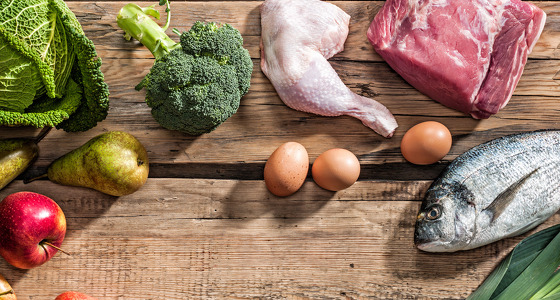
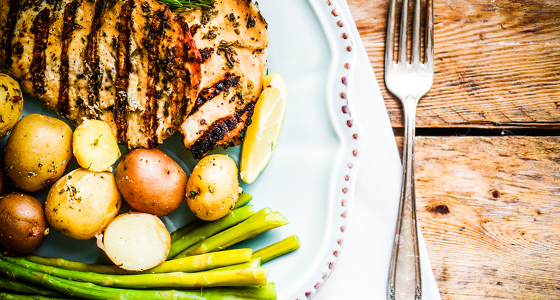
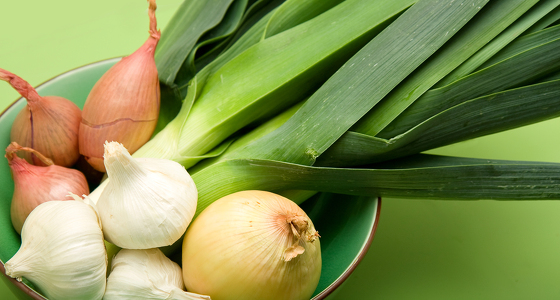
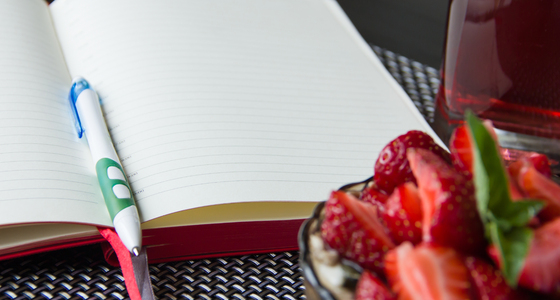
Some people with IBD are recommended by their doctor or dietician that they follow a liquid diet to allow their bowel to rest. You then reintroduce foods slowly (an elimination diet) to see if there are any foods that are aggravating your symptoms. It can take 2-3 months to reintroduce all food. Another method of doing this is the LOFFLEX diet (LOw Fat, Fibre Limited EXclusion diet) and is a quicker method of reintroducing foods
You may find that keeping a food diary (as mentioned above) when reintroducing foods will help to identify if you have any food triggers.
These types of diet should be done with the advice of your doctor.
Liquid diets are more commonly recommended for people with Crohn’s disease rather than ulcerative colitis.
Your IBD may put you at risk of some vitamin and mineral deficiencies - either because you aren’t eating enough of the foods which provide these nutrients or because your body is unable to absorb the nutrients properly.
Common nutritional deficiencies in people with IBD include:

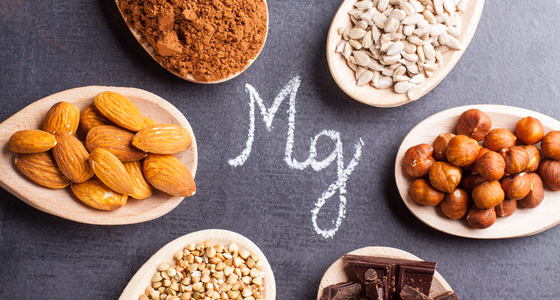
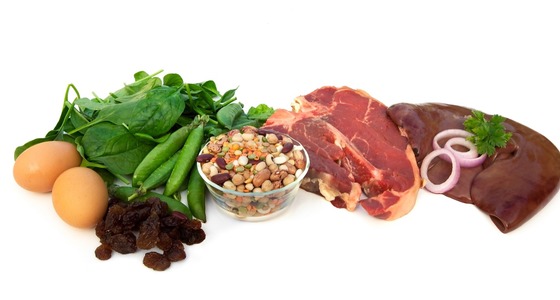
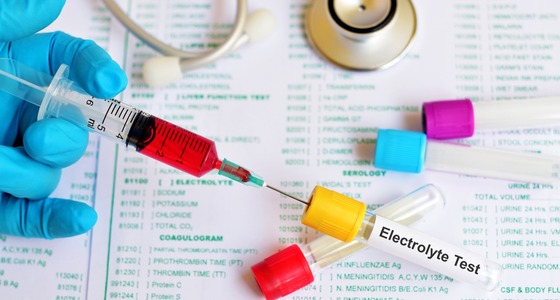
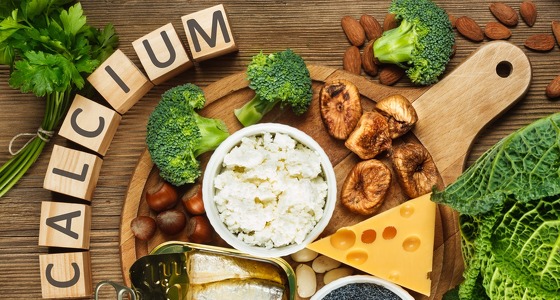
It is important that you are aware of the symptoms of the different types of nutritional deficiencies and whether you are at risk of developing them. As your body needs nutrients to function a nutritional deficiency can cause serious health problems.
If you are concerned about nutritional deficiencies then speak to your doctor who can carry out some simple tests. You can read more about nutritional deficiencies and IBD here.
Some people have found that using supplements has helped their IBD symptoms, however it is important you are careful about what these supplements are as they are not fully regulated and there is limited research into their effectiveness.
Probiotics contain ‘friendly’ bacteria which populate your gut. More and more research is being carried out into how our gut bacteria affects our overall health.
Some people claim poor gut health is the root to many problems, particularly those which affect the digestive system.
For inflammatory bowel disease there are various studies which have been commissioned and in recent years several probiotics which have come onto the market targeted at IBD.
Although some people find using probiotics can help their IBD the research to support this is currently limited.
The only commercially made probiotic currently with any clinical research to support their use in IBD is Symprove (for use with UC).
Learn more about probiotics and IBD in this section.
